8 Foods That Kill Testosterone Levels
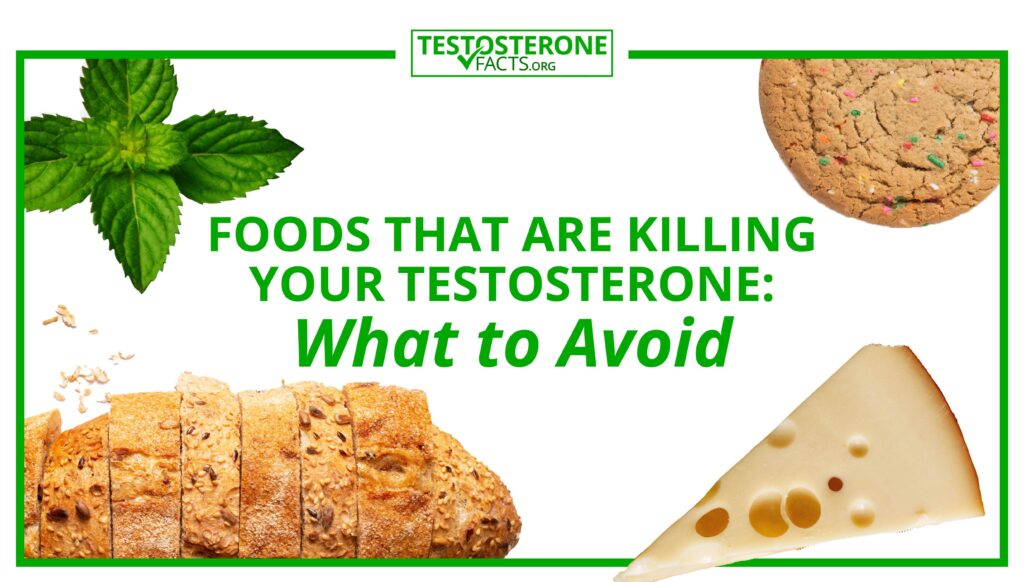
Unlocking the Secrets to Boosting Testosterone: Foods to Avoid
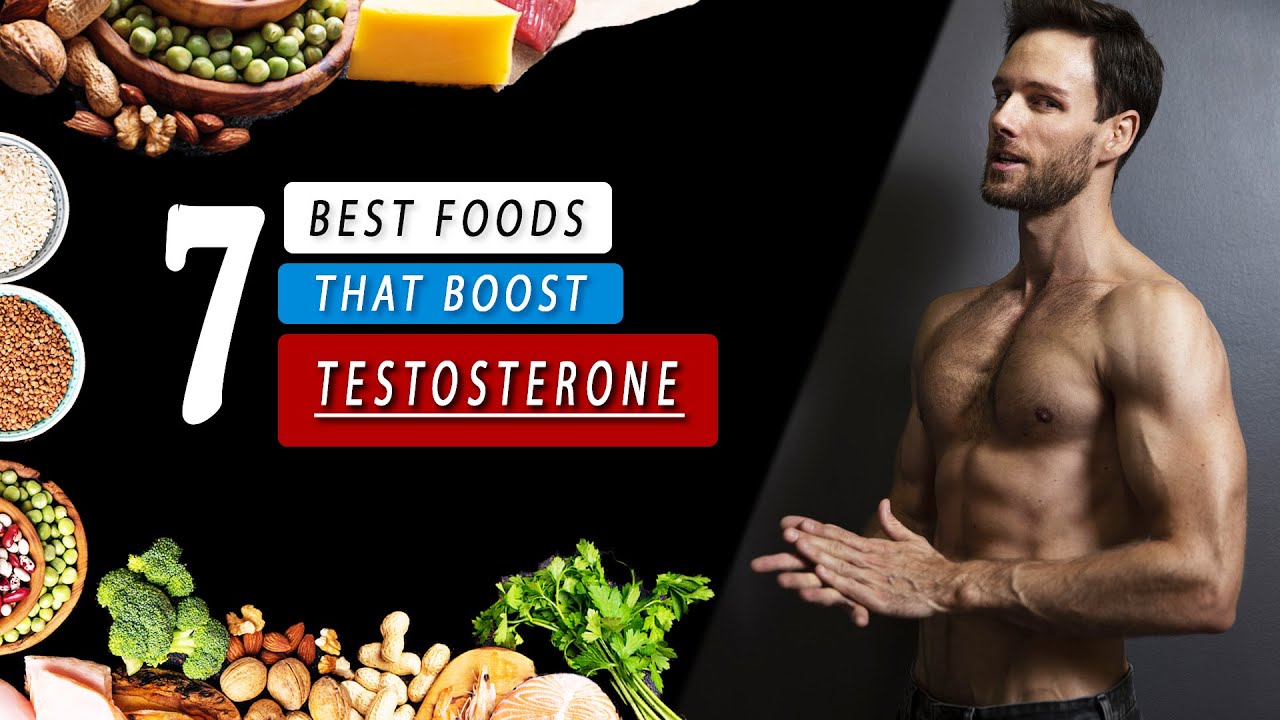
Testosterone, the primary male sex hormone, plays a crucial role in maintaining muscle mass, bone density, and overall health. However, certain foods can significantly lower testosterone levels, leading to a range of health issues. In this article, we will explore eight foods that can kill testosterone levels, and provide valuable insights on how to maintain optimal hormone balance.
Licorice Root: A Testosterone Killer?
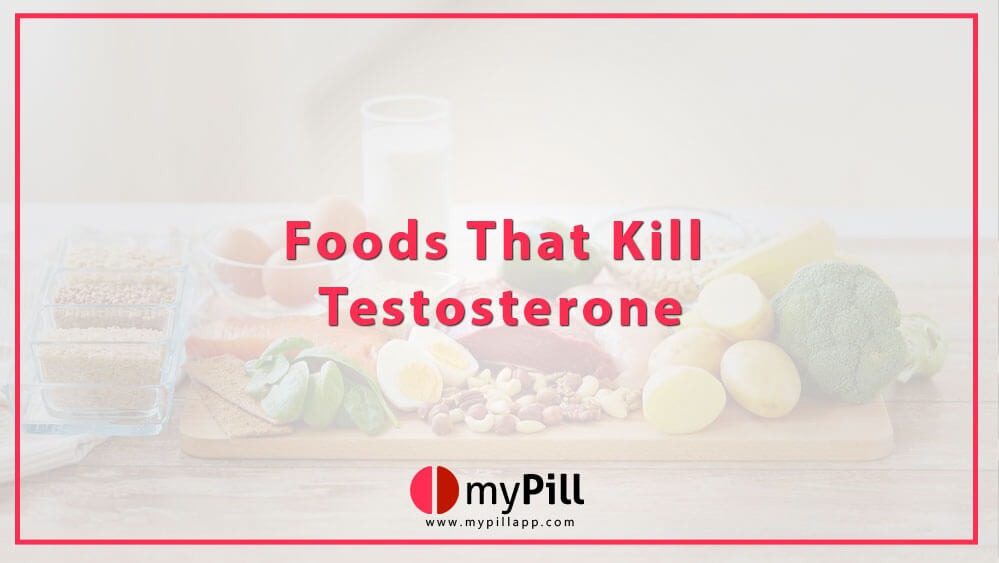
Licorice root, commonly used in candies and teas, contains a compound called glycyrrhizin. This compound can lower testosterone levels by inhibiting the activity of 17,20-desmolase, an enzyme essential for testosterone production. Excessive consumption of licorice root can lead to a significant decline in testosterone levels, causing symptoms such as low libido, fatigue, and weight gain.
🚨 Note: Moderate consumption of licorice root is unlikely to cause significant harm. However, excessive consumption can lead to a decline in testosterone levels.
Soy Products: A Testosterone-Reducing Agent?
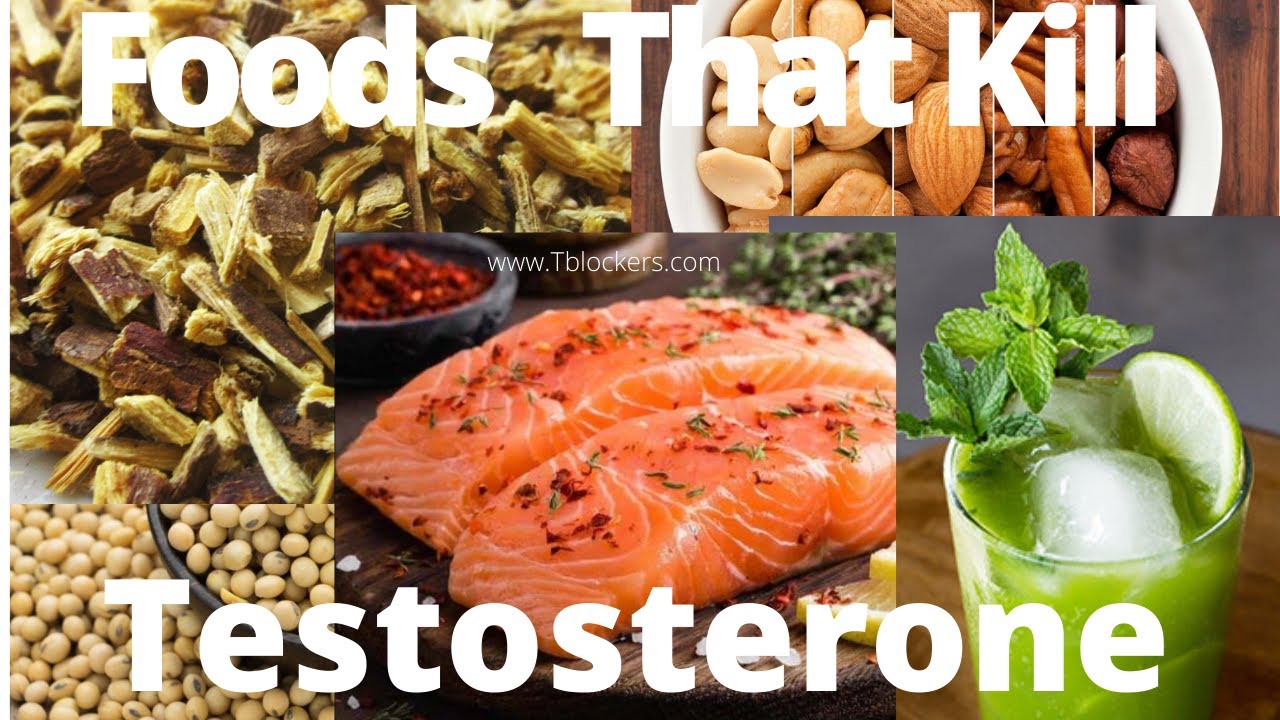
Soy products, such as tofu, soy milk, and edamame, contain phytoestrogens, which can mimic the effects of estrogen in the body. High levels of phytoestrogens can lower testosterone levels by binding to estrogen receptors, causing an imbalance in hormone levels. While moderate soy consumption is unlikely to cause significant harm, excessive consumption can lead to a decline in testosterone levels.
👀 Note: Fermented soy products, such as miso and tempeh, may have a lower impact on testosterone levels due to the fermentation process, which reduces phytoestrogen content.
Mint: A Refreshing Herb with a Hidden Agenda

Peppermint and spearmint, commonly used in teas and cocktails, contain a compound called menthol. Menthol can lower testosterone levels by reducing the activity of the enzyme 17,20-desmolase, essential for testosterone production. While moderate mint consumption is unlikely to cause significant harm, excessive consumption can lead to a decline in testosterone levels.
BPA-Containing Foods: A Hidden Threat to Testosterone
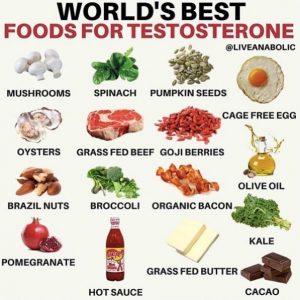
Bisphenol A (BPA), a chemical found in plastics and canned foods, can lower testosterone levels by mimicking the effects of estrogen in the body. Foods packaged in BPA-containing plastics, such as canned beans and tomatoes, can lead to a decline in testosterone levels due to BPA leaching into the food.
🚫 Note: Opt for BPA-free containers and fresh foods to minimize exposure to BPA.
Flaxseeds: A Testosterone-Lowering Agent in Disguise
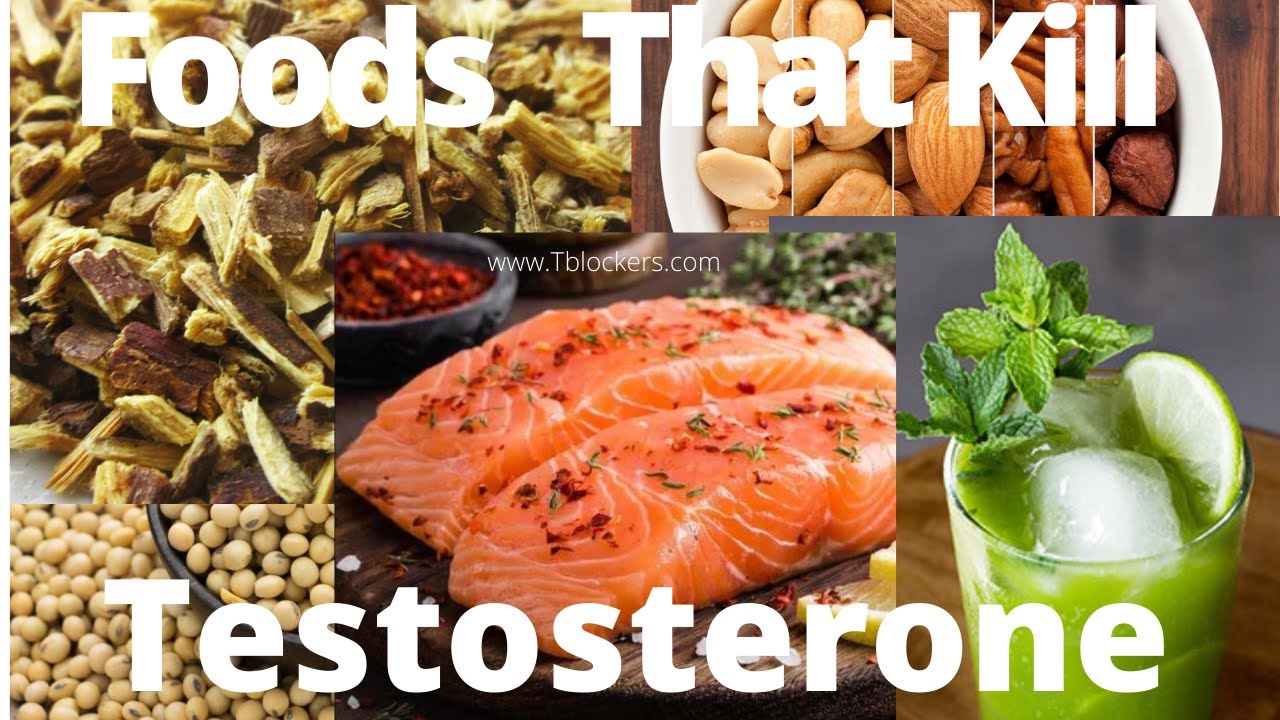
Flaxseeds, a rich source of omega-3 fatty acids and fiber, contain a compound called lignan. Lignan can lower testosterone levels by binding to estrogen receptors, causing an imbalance in hormone levels. While moderate flaxseed consumption is unlikely to cause significant harm, excessive consumption can lead to a decline in testosterone levels.
Pesticide-Contaminated Foods: A Silent Threat to Testosterone
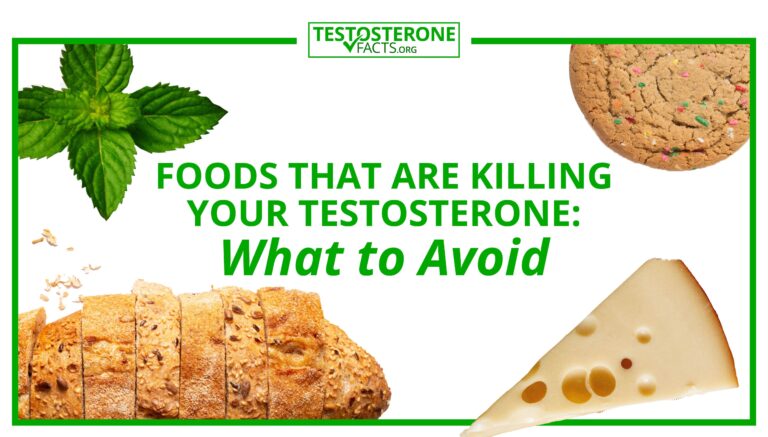
Foods contaminated with pesticides, such as non-organic fruits and vegetables, can lower testosterone levels by disrupting hormone balance. Pesticides can mimic the effects of estrogen in the body, leading to a decline in testosterone levels.
🌿 Note: Opt for organic fruits and vegetables to minimize exposure to pesticides.
Processed Foods: A Testosterone-Lowering Agent in Disguise
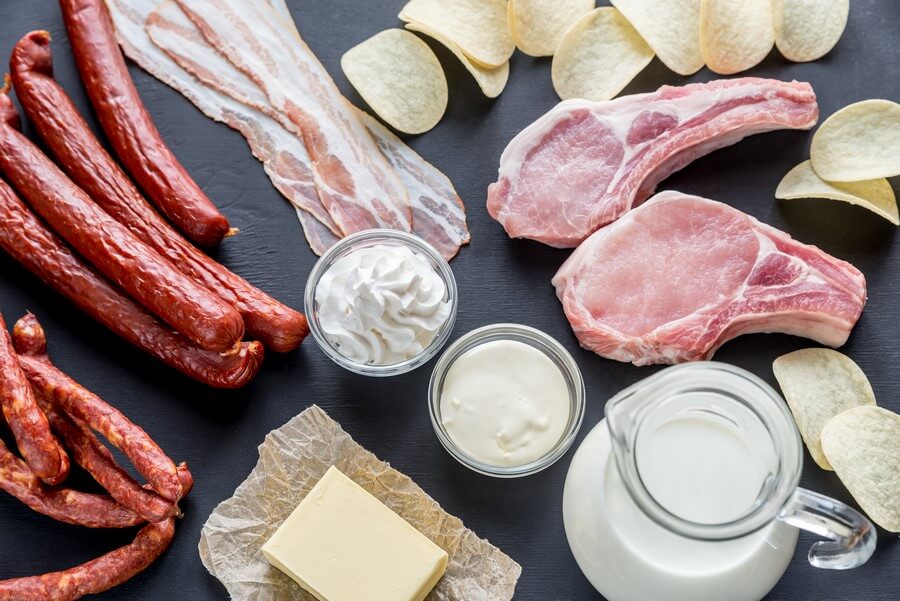
Processed foods, such as frozen meals and sugary snacks, often contain a range of unhealthy ingredients, including artificial preservatives and additives. These ingredients can lower testosterone levels by disrupting hormone balance and causing inflammation in the body.
Alcohol: A Testosterone Killer in Excess
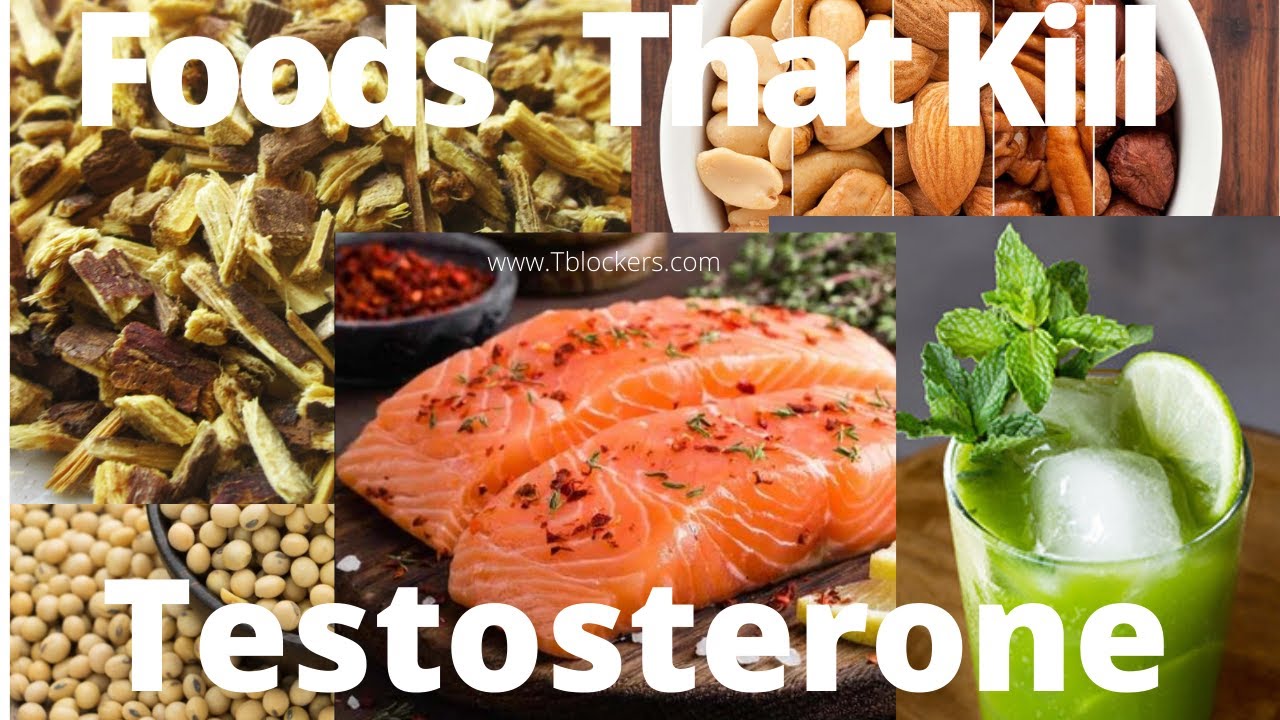
Alcohol, while enjoyable in moderation, can lower testosterone levels in excess. Chronic alcohol consumption can lead to a decline in testosterone levels by disrupting hormone balance and causing inflammation in the body.
🍺 Note: Moderate alcohol consumption is unlikely to cause significant harm. However, excessive consumption can lead to a decline in testosterone levels.
By avoiding these eight foods and maintaining a balanced diet, individuals can optimize their testosterone levels and maintain overall health and well-being.
Ultimately, a healthy diet is essential for maintaining optimal hormone balance. By incorporating testosterone-boosting foods, such as oysters, garlic, and leafy greens, and avoiding testosterone-lowering foods, individuals can take control of their hormone health and maintain overall well-being.
What are the symptoms of low testosterone levels?
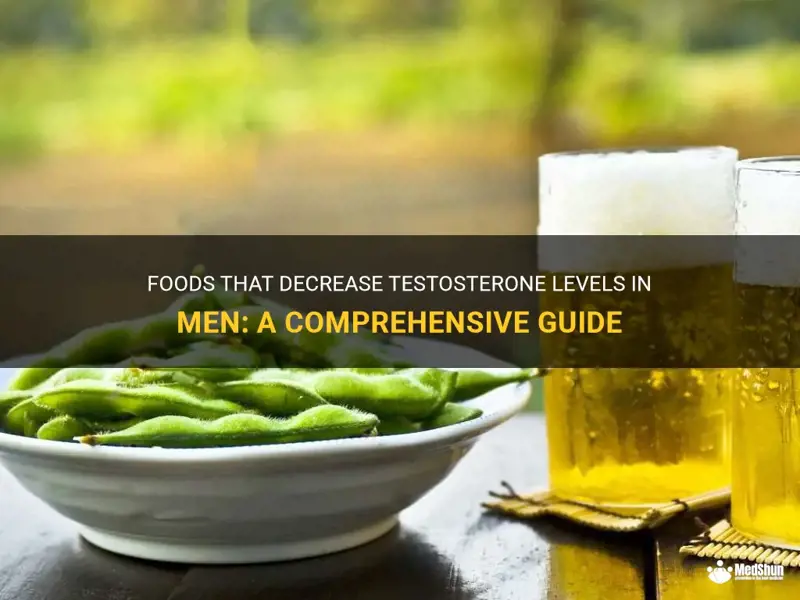
+
Symptoms of low testosterone levels include low libido, fatigue, weight gain, and decreased muscle mass.
Can testosterone levels be increased through dietary changes?

+
Yes, dietary changes can help increase testosterone levels. Foods rich in zinc, magnesium, and vitamin D can help boost testosterone levels.
Are there any natural supplements that can help boost testosterone levels?
+Yes, natural supplements such as D-aspartic acid, vitamin D, and magnesium can help boost testosterone levels. However, it is essential to consult with a healthcare professional before adding any supplements to your diet.